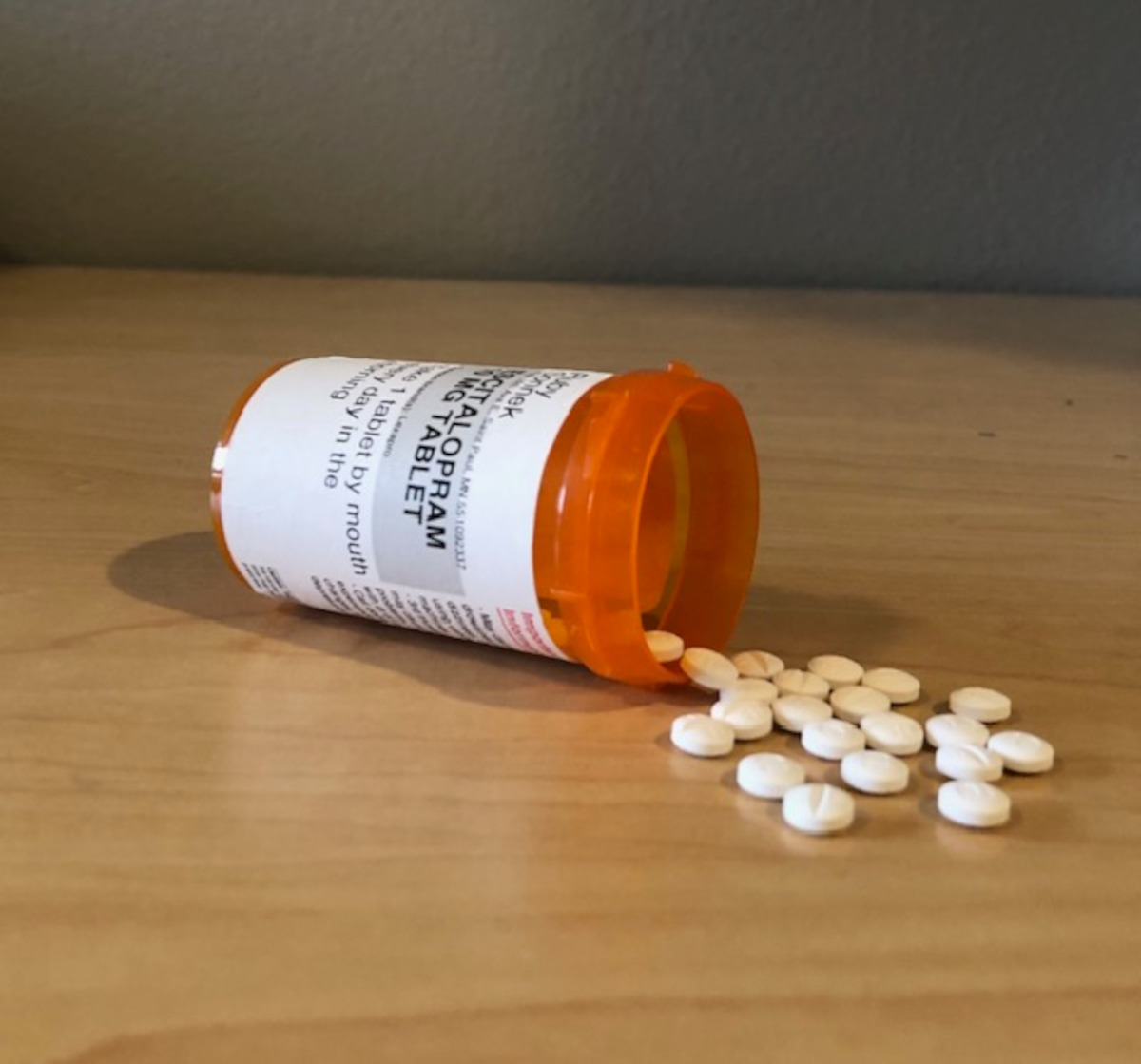 Lyssa Beyer
Lyssa BeyerFish are friends not food. This is not just a line from “Finding Nemo,” it is a line I live part of my life by.
Yes, I am one of those liberal, tree-hugging, vegetarian, animal rights advocates. When I tell people I’m a vegetarian it usually elicits one of two responses: 1) Good for you! That takes discipline; 2) What are you some kind of a hippie? Thankfully, I usually get the former. I am writing this not as a segue into a vegetarian manifesto, but hopefully an adult discussion about how to improve the animal rights movement.
A short while back in The Spectator, Caitlin Heidbrink wrote a very interesting piece on what she dubbed “slummy animal activism.” I agree with pretty much everything she said. I’m in her boat too. I support the cause of PETA but not its methods.
My goal here is to suggest what PETA could learn from the saner animal rights groups such as the ASPCA and the Hooved Animal Humane Society. For example, a few years back PETA ran an infamous campaign telling people to drink beer instead of milk. I have a radical suggestion. How about either promoting soy milk or suggesting people buy milk without bovine growth hormone? This is just one of many examples of a well-intentioned cause gone terribly wrong. Instead of sending the message of improving the lives of cows all PETA did was promote drinking (billboards with this very message appeared near UW-Stout in my hometown of Menomonie where underage drinking is a huge problem).
The major problem with PETA is that it, as an organization, seems to seek publicity for itself rather than constructively educating people about animal cruelty and promoting animal welfare. Instead of piling on the Olsen twins for wearing fur, put your resources to better use through educating people on animal abuse.
One of the best things to ever happen to the animal rights movement was the creation of the ASPCA (American Society for the Prevention of Cruelty to Animals) in 1866. When you decide to donate to the ASPCA they ask you to take up a four-part pledge:
1. Learn to recognize animal cruelty.
2. Report animal cruelty.
3. Set a good example for others.
4. Fight for the passage of anti-cruelty laws by joining the ASPCA Advocacy Brigade.
That all sounds reasonable right? This is one of many reasons why the ASPCA has been more effective than PETA. Additionally, the ASPCA encourages more reasonable displays of activism. They encourage supporters to write to their leaders rather than the extreme activism that has been the norm with PETA. There are sane animal rights groups just as there are sane political and religious organizations. The trouble is they get no publicity.
This really came to the forefront during the Michael Vick case. No doubt we all remember the relentless news coverage. It was no surprise that animal rights groups were out picketing the Georgia Dome, home of the troubled Falcons quarterback. I do not mean to totally discredit the impact of the animal rights supporters out there, but they were not solely responsible for Vick’s suspension. The bigger reason was money. Nike, no doubt in some way motivated by the outcry over Vick’s ties to dog fighting, terminated his contract. In the end, sadly, it was about money and not animal cruelty.
Organizations such as PETA only draw attention to their organization and not the cause. What needs to be done is not more pathetic displays such as the one alluded to in Heidbrink’s piece, but more along the lines of what the ASPCA does. There is nothing wrong with peacefully picketing outside a place where animal rights violations are alleged to have occurred. However, nothing gets accomplished by handing out extreme pamphlets depicting animal cruelty or creating disgusting photo shopped pictures of celebrities wearing fur, leather, etc. This may seem obvious, but to some people obviously it is not, as evidenced by this piece and the previous one on this topic.
I believe strongly that a society can be judged by how its animals are treated. What better way to learn about a people than how they treat those in the lower pecking order? Don’t just take it from me. Take it from one of the most peaceful rights activists in history – Gandhi. He once said, “The greatness of a nation can be judged by the way its animals are treated.” The only way the animal rights movement will be effective is if it takes on another element of Gandhi’s teaching’s – civil disobedience and leading by example. If you want to better life for the animal kingdom work at the local animal shelter, adopt a cat or dog, buy products made of hemp instead of leather, or encourage people to give soy milk a shot. Burning bridges is getting us nowhere. Try education and leadership.
None of this is revelatory, but clearly it is not getting through to some people. I do not mean to pick on PETA, but they happen to be one of the best examples of good intentions gone terribly wrong. I’m not asking everyone to be a vegetarian, although that would be great. What I am asking is that if animals rights means that much to you than show your fellow humans the same amount of respect you want them to show animals.
Sitzman is a senior print journalism major and guest columnist for The Spectator.






